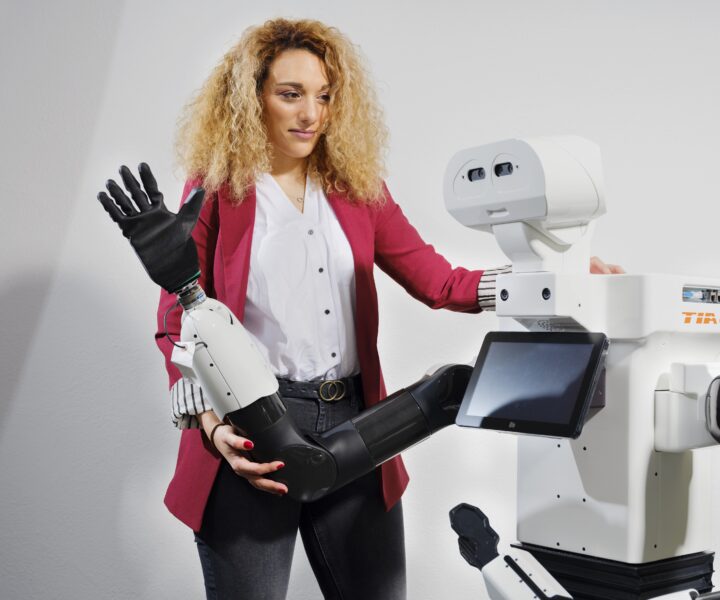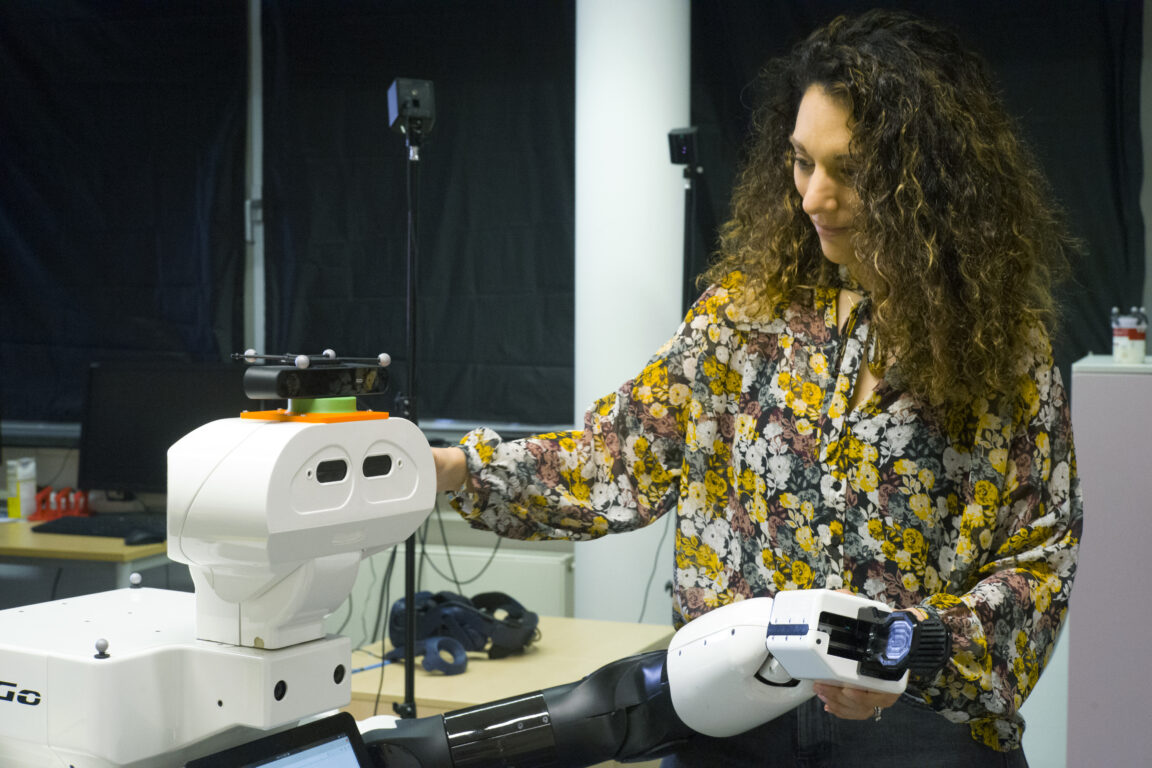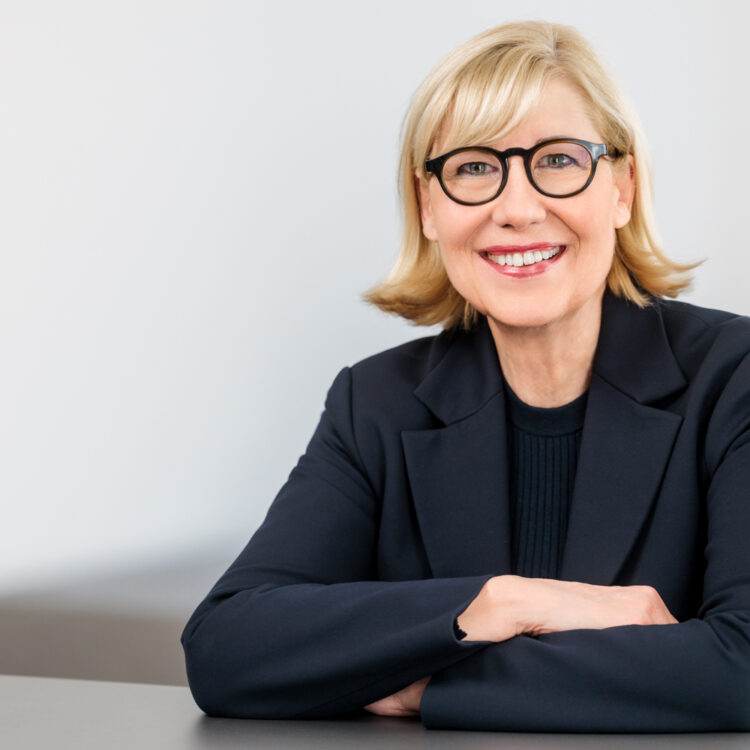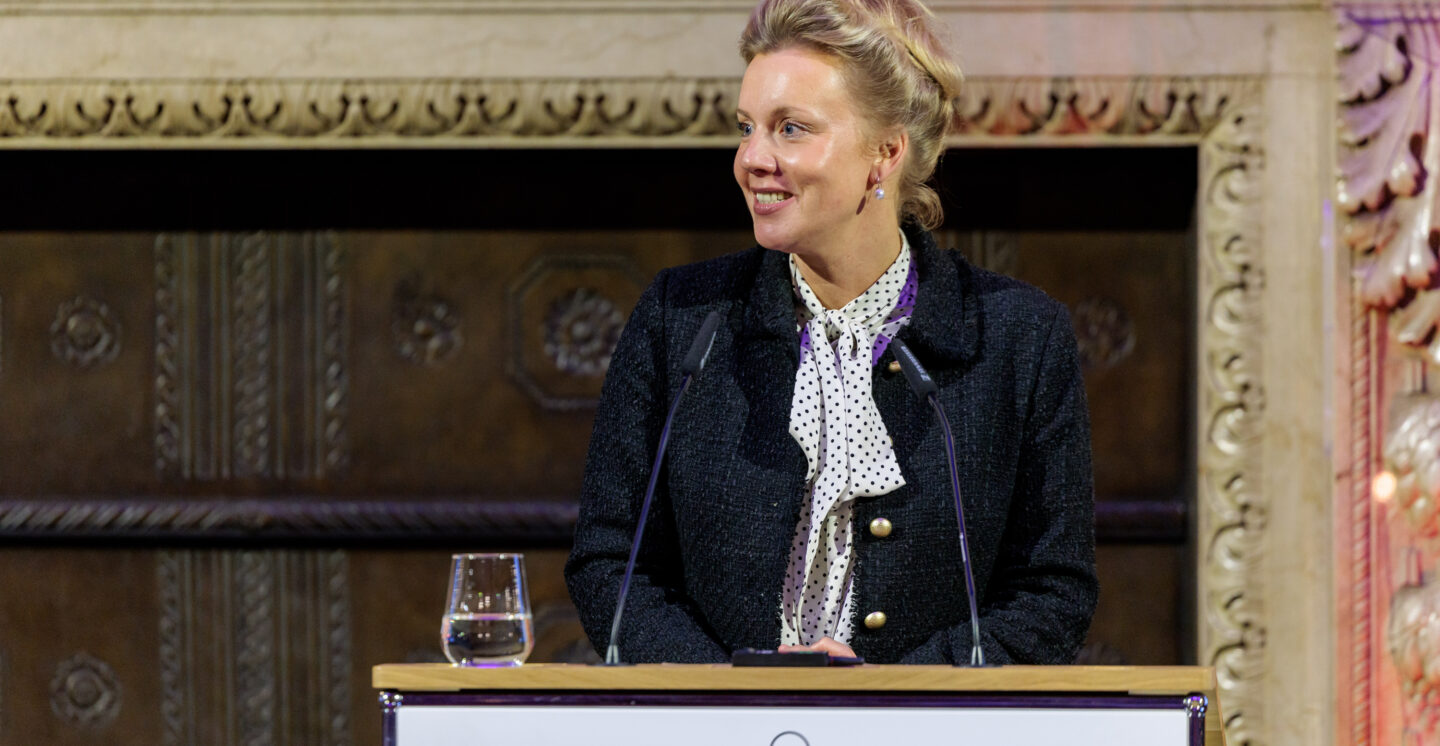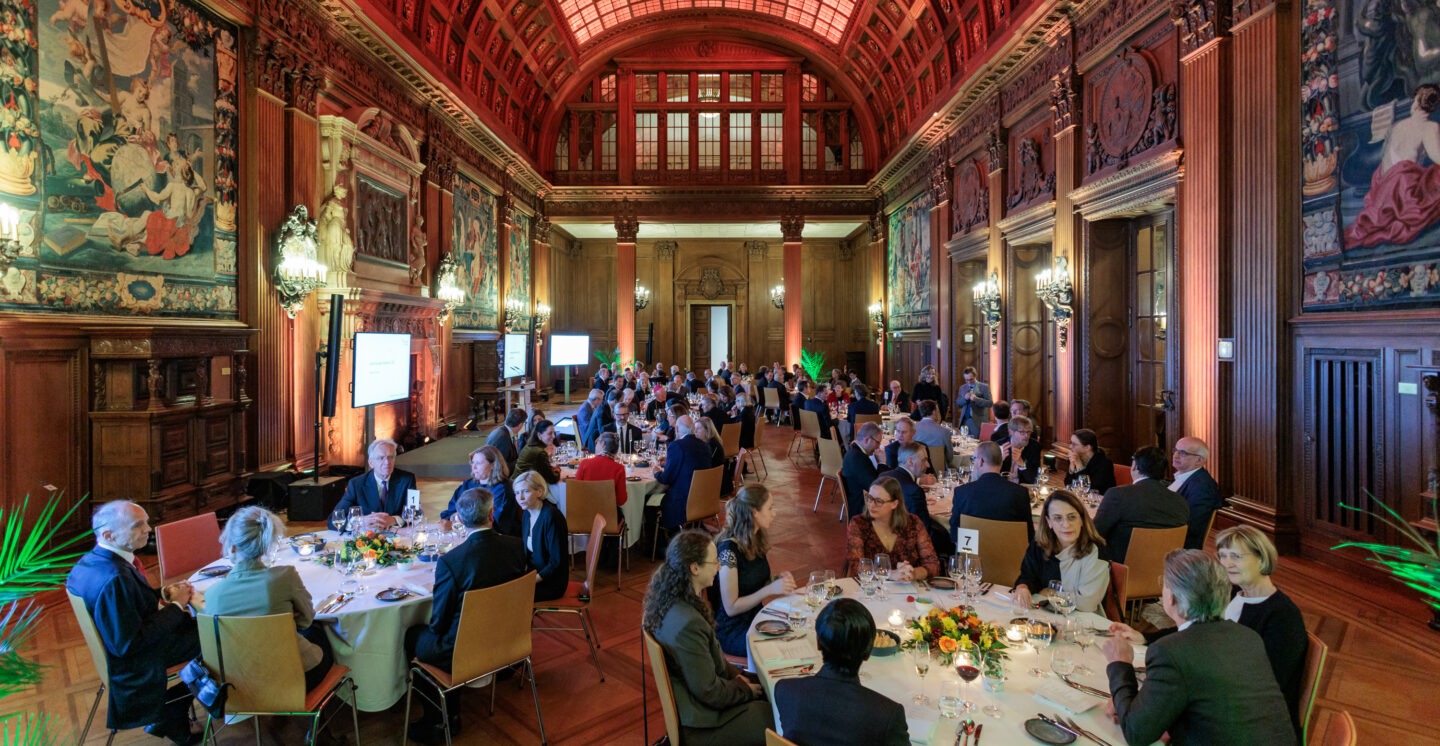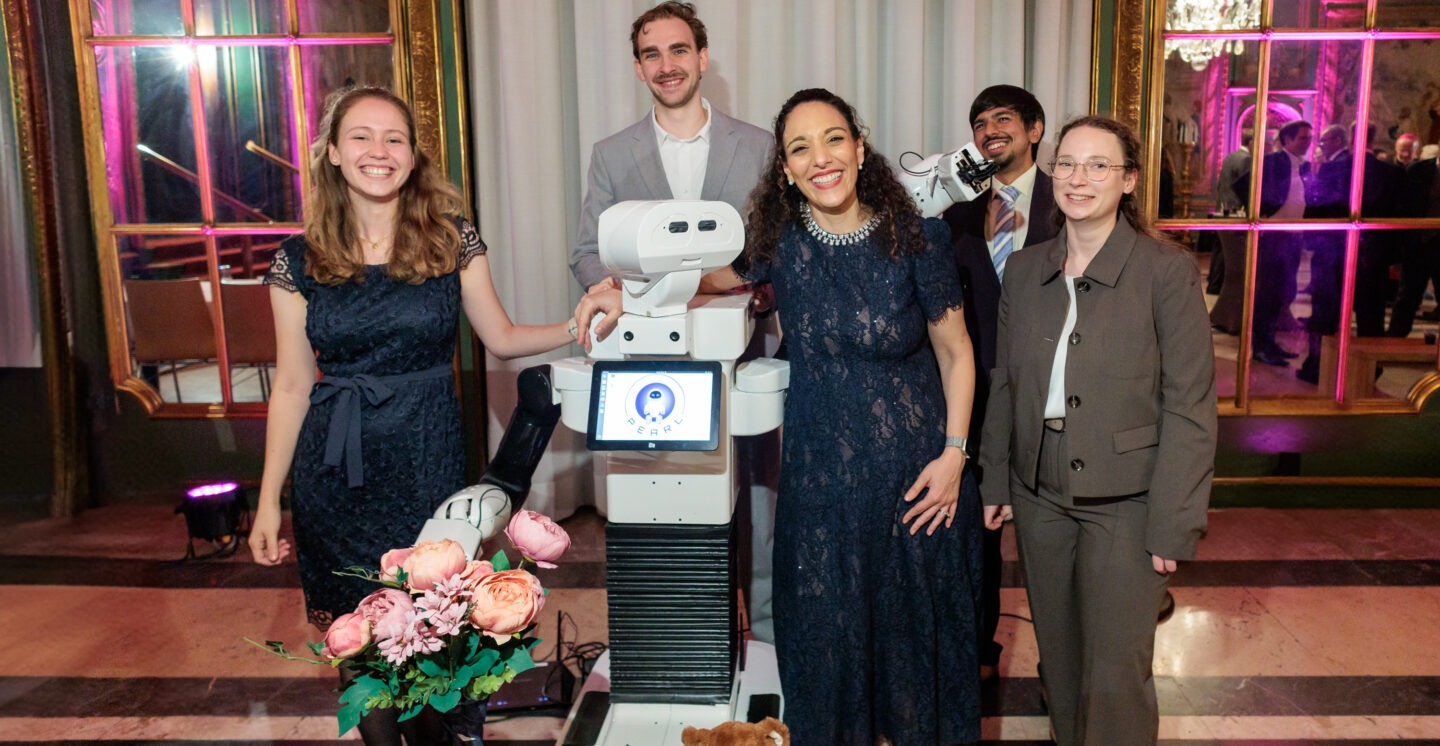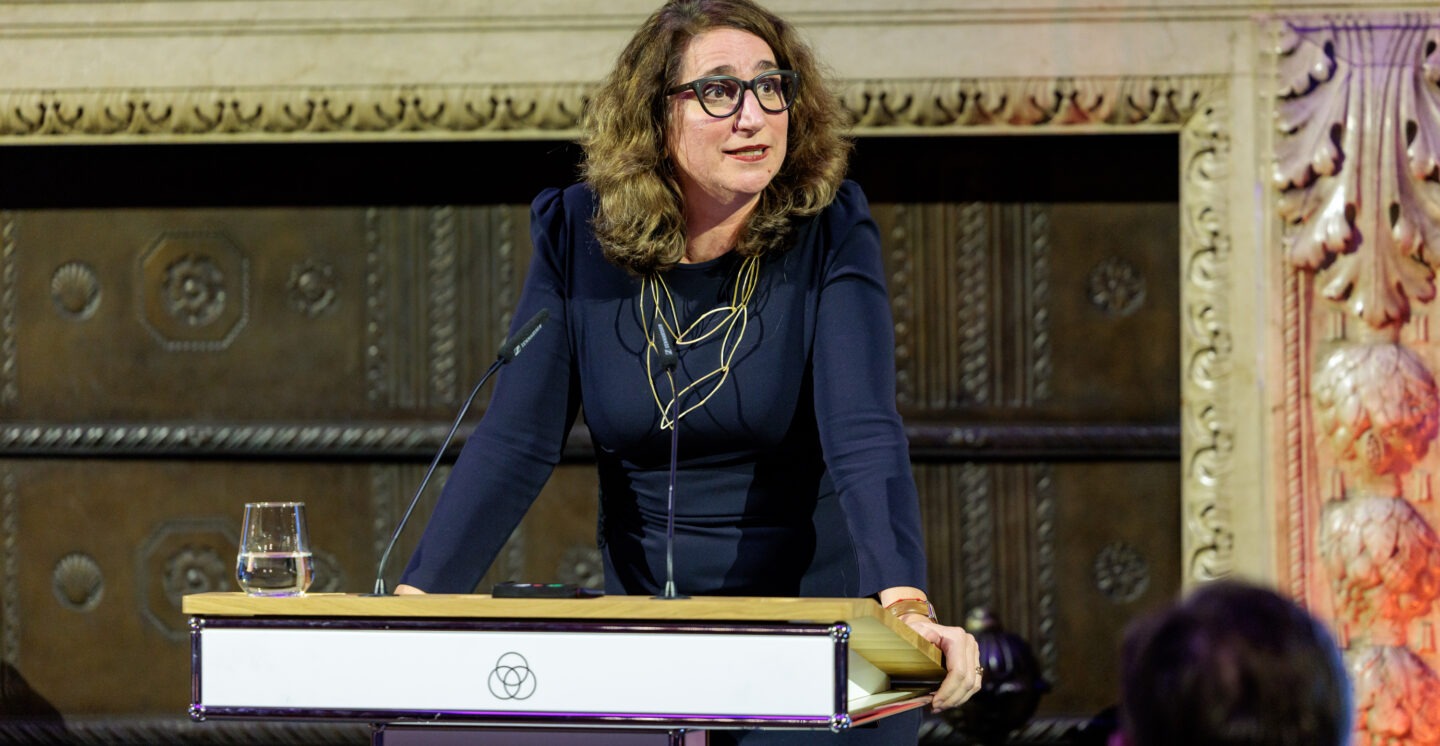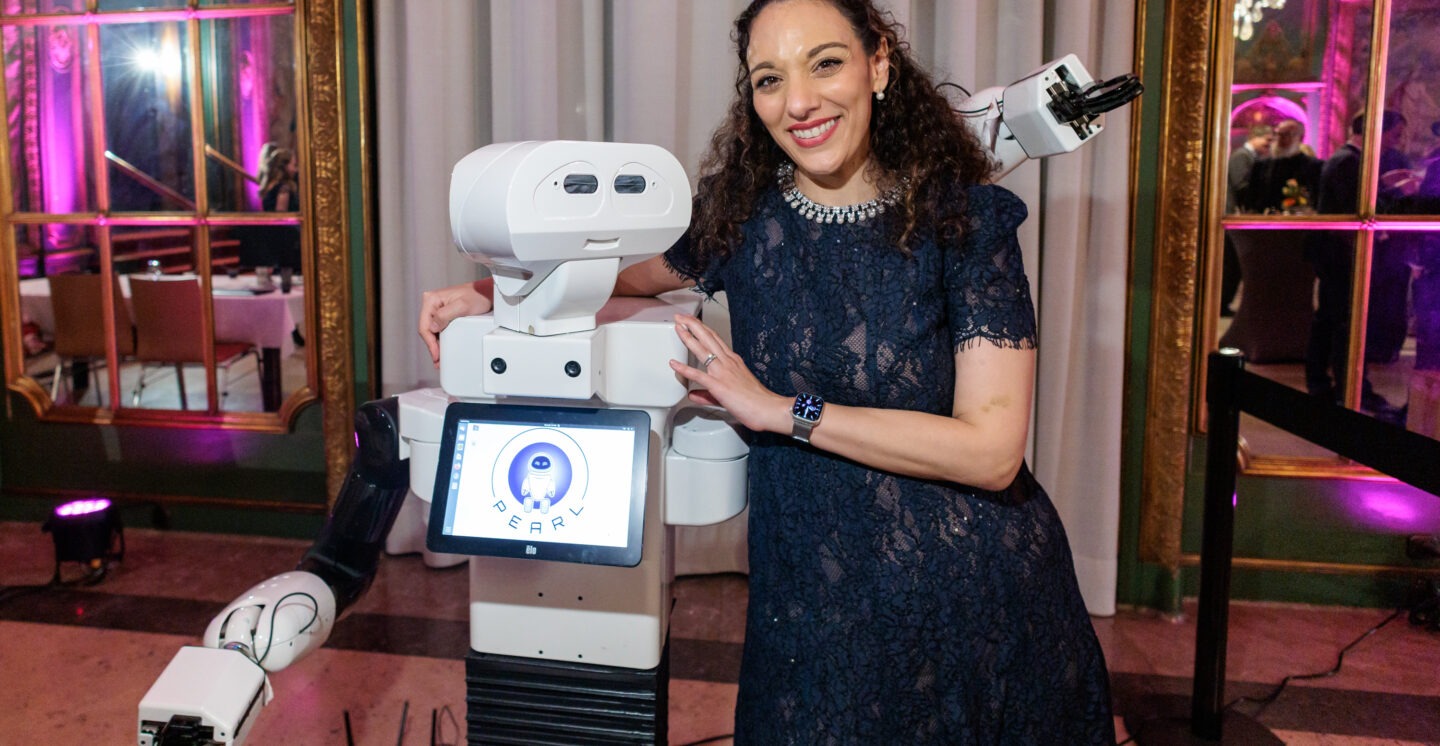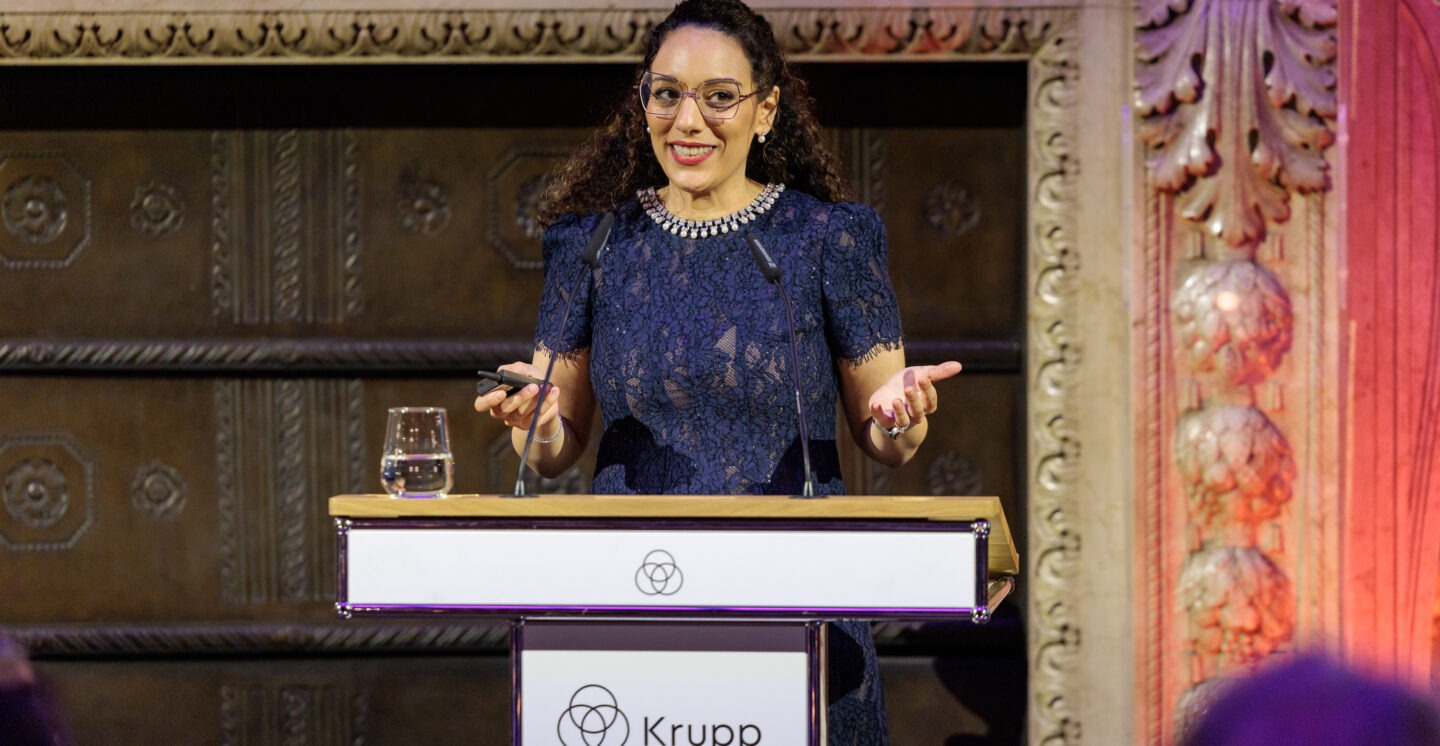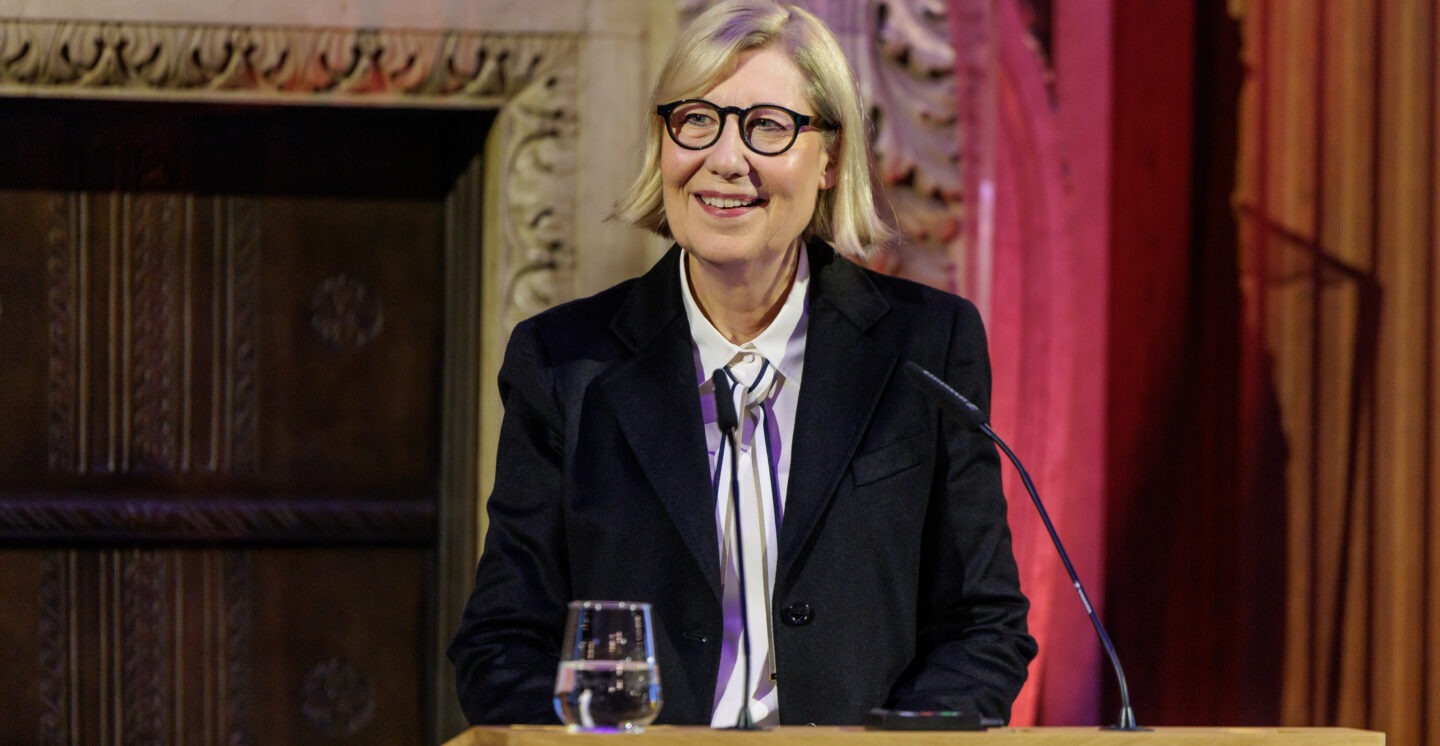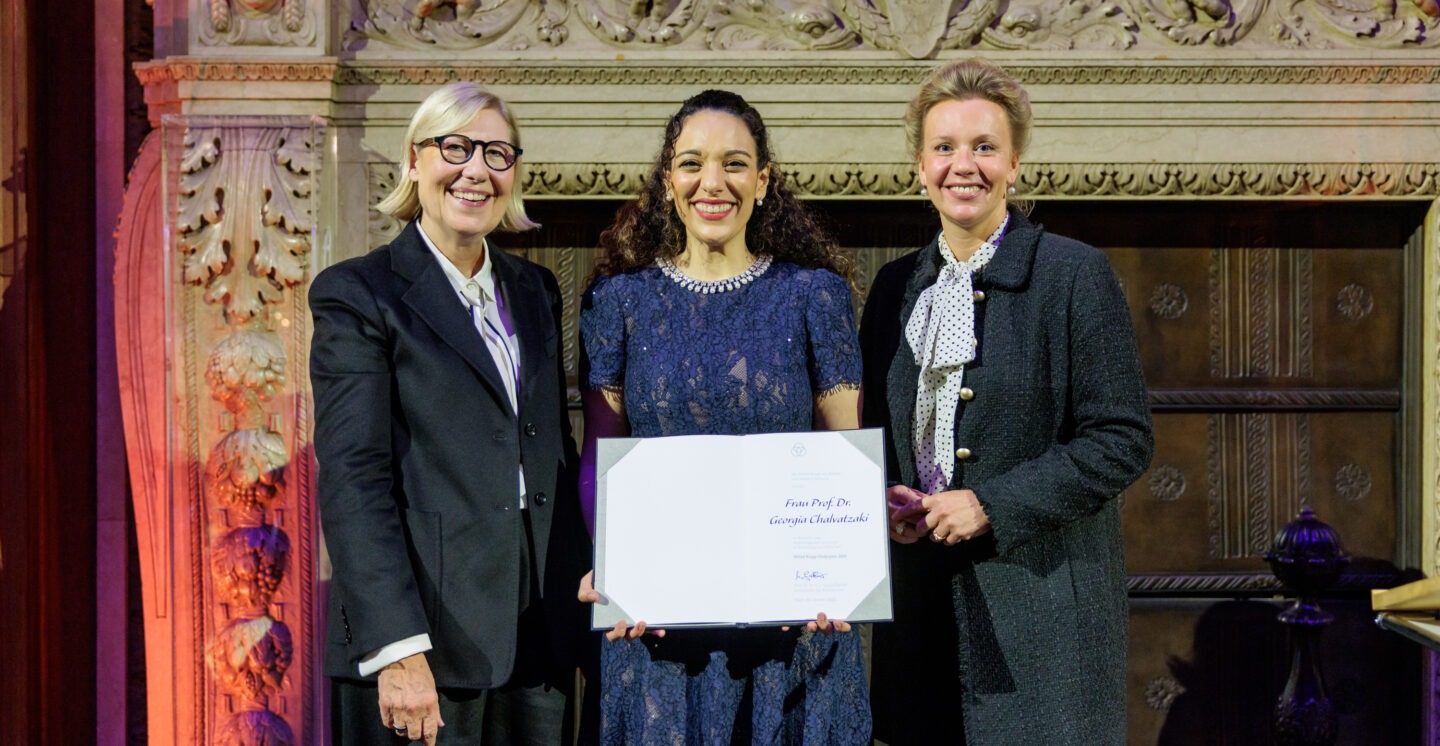About Prof. Dr. Georgia Chalvatzaki‘s research
A central focus of her work is on mobile humanoid manipulators – robots with a mobile base and anthropomorphic arms that can move around in human environments, perceive their surroundings and perform skilful grasping and movement actions. These systems are based on an interplay of perception, planning and action. To make this possible, Chalvatzaki combines classical model-based robotics with modern learning methods such as reinforcement learning, imitation learning and graph-based neural networks. Through structured representations of the environment, the robots gain a deep understanding of their surroundings and are thus able to adapt their behaviour in an adaptive and context-sensitive manner. A milestone in their research is the introduction of SE(3) diffusion models – geometry-based learning methods that integrate the structure of three-dimensional space (position and orientation) into the training of generative models. These models enable robots to generate precise and fluid grasping and movement sequences – even in cluttered or crowded scenes.
A central goal of Georgia Chalvatzaki’s research is human-centred robotics that views robots not as replacements but as trusted partners for humans – especially in sensitive areas such as care, mobility and education. Her learning systems are designed not only to deliver technical precision but also to enable safe, intuitive interaction through transparency and adaptability. The social added value of her research is evident in specific fields of application. In healthcare, for example, her mobile assistance systems enable safe human-robot co-navigation: a robot can dynamically adapt to a person’s walking speed and movement patterns – an important step for use in caring for older people. In industrial logistics, Chalvatzaki’s adaptive systems contribute to the automation of processes in supermarkets, supply chains and airports. And in sustainable agriculture, they are developing solutions for robot-assisted harvesting, transplanting and maintenance processes in hydro and solar plants.
Chalvatzakis’ vision is socially and technically robust robotics that understands complex environments, acts proactively and adapts to individual needs. Starting from the question of how robots can learn to transfer knowledge from familiar situations to new ones, her research approach is based on the concept of structured robot learning – a novel method in which structural knowledge about the world is directly embedded in the learning process of robots.
“This year’s Alfried Krupp Prize honours Prof. Georgia Chalvatzaki and her ambitious research in AI, machine learning and robotics. With her innovative approach, she views robots and humans, as well as their environment, as an integrated system with the aim of developing robots that learn from experience and continuously adapt their behaviour. Her scientific findings have the potential to have a significant impact in areas such as healthcare, logistics and sustainable agriculture. The Krupp Foundation is delighted to accompany Georgia Chalvatzaki on her future scientific journey.”
Prof. Dr. Dr. h. c. Ursula Gather, Chairwoman of the Foundation’s Board of Trustees

